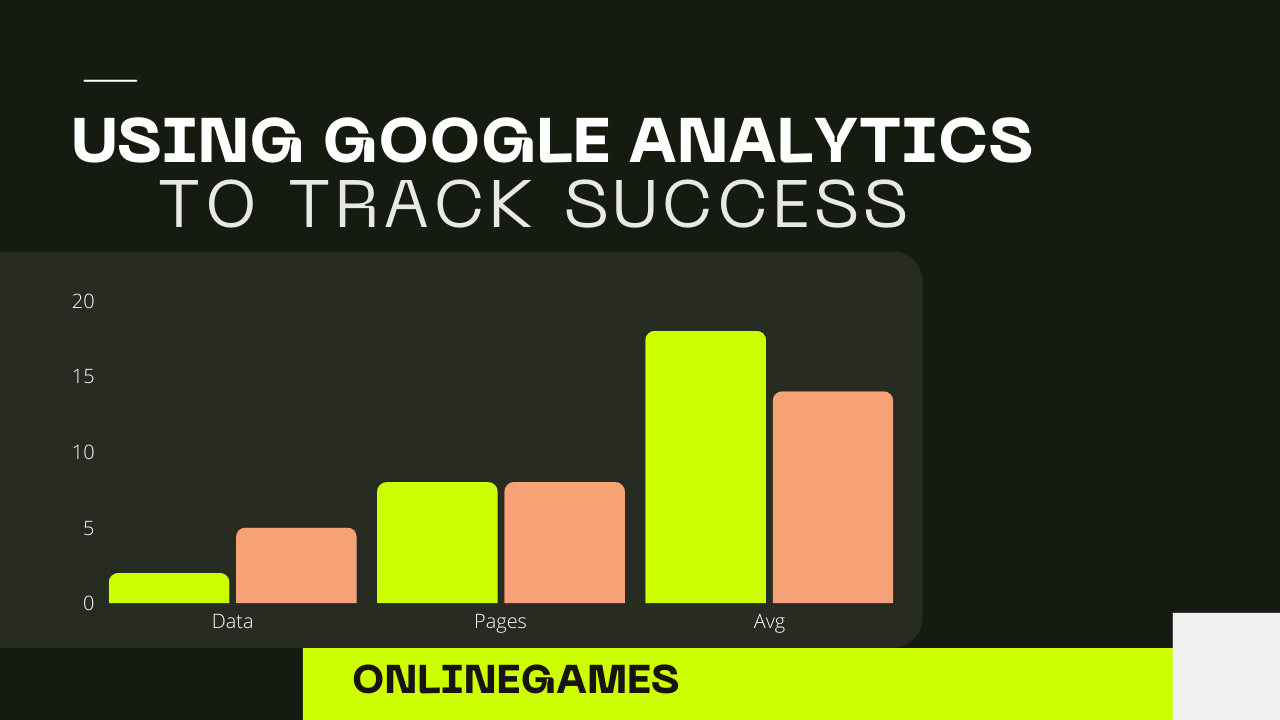Tracking and analyzing results are essential aspects of any social media marketing strategy. By monitoring key metrics and performance indicators, businesses can assess the effectiveness of their efforts, optimize strategies, and achieve their marketing objectives more effectively. This article explores the importance of tracking and analyzing results in social media marketing and provides best practices for measuring success.
Importance of Tracking and Analyzing Results
1. Measure Return on Investment (ROI)
Tracking results helps businesses quantify the return on their social media marketing investment. By measuring metrics such as conversions, lead generation, and sales attributed to social media efforts, businesses can evaluate the profitability and effectiveness of their campaigns.
2. Optimize Campaign Performance
Analyzing results provides insights into what works and what doesn’t in your social media strategy. By identifying top-performing content, targeting criteria, and ad formats, businesses can optimize campaigns to improve engagement rates, click-through rates (CTR), and overall ROI.
3. Understand Audience Behavior
Tracking metrics such as engagement rates, reach, and impressions helps businesses understand their audience’s behaviour and preferences. Insights into when and how users interact with content enable businesses to tailor their messaging, timing, and content formats to better resonate with their target audience.
4. Make Informed Decisions
Data-driven insights enable businesses to make informed decisions about their social media marketing strategies. Whether adjusting ad spend, refining targeting criteria, or pivoting content strategies, analyzing results ensures decisions are based on empirical evidence rather than assumptions.
Best Practices for Tracking and Analyzing Results
1. Set Clear Goals and KPIs
Define specific, measurable goals and key performance indicators (KPIs) for your social media campaigns. Goals could include increasing brand awareness, driving website traffic, generating leads, or boosting sales. Align KPIs with each goal to track progress and success.
2. Utilize Analytics Tools
Take advantage of social media analytics tools provided by platforms such as Facebook Insights, Instagram Insights, LinkedIn Analytics, Twitter Analytics, and others. These tools offer valuable metrics and data visualization to monitor campaign performance, audience demographics, and engagement trends.
3. Track Relevant Metrics
Focus on tracking metrics that align with your goals and objectives. Key metrics to monitor may include:
- Engagement Metrics: Likes, comments, shares, and retweets.
- Reach and Impressions: Number of users who see your content.
- Click-Through Rates (CTR): Percentage of users who click on your links or CTAs.
- Conversions: Actions taken by users such as form submissions, purchases, or sign-ups.
- ROI: Revenue generated versus the cost of your social media campaigns.
4. Conduct Regular Performance Reviews
Schedule regular reviews to assess campaign performance and analyze data trends over time. Compare current performance against previous periods to identify growth opportunities, areas for improvement, and emerging trends.
5. A/B Testing
Implement A/B testing to experiment with different variables such as ad creatives, messaging, targeting criteria, and posting times. Test one variable at a time to isolate factors contributing to campaign success and optimize accordingly.
6. Report and Communicate Insights
Create comprehensive reports summarizing key findings, insights, and recommendations based on data analysis. Communicate results with stakeholders, marketing teams, or clients to foster collaboration, transparency, and alignment on future strategies.
Tracking and analyzing results in social media marketing is critical for evaluating performance, optimizing strategies, and achieving business objectives. By setting clear goals, utilizing analytics tools, tracking relevant metrics, and conducting regular reviews, businesses can gain actionable insights to enhance engagement, increase conversions, and drive sustainable growth through social media channels.










